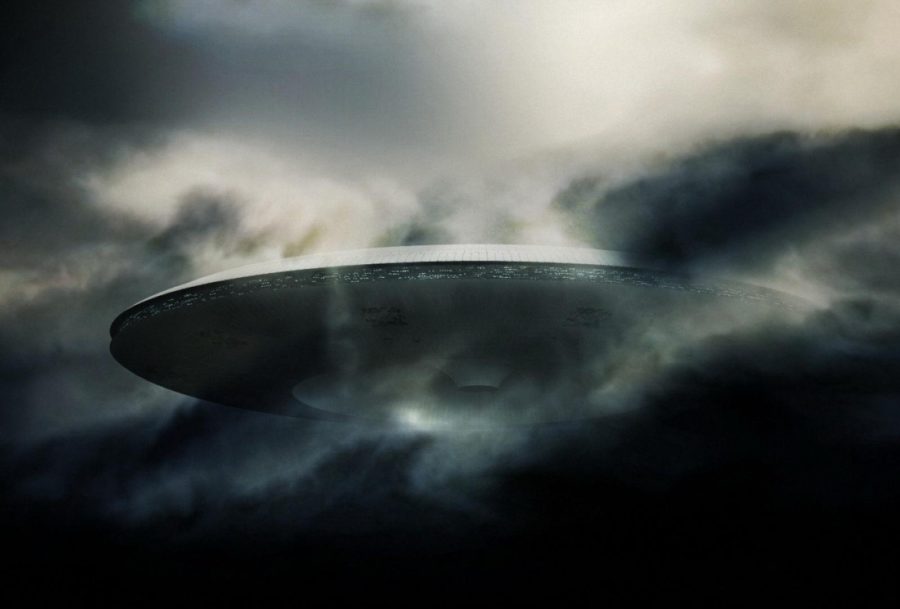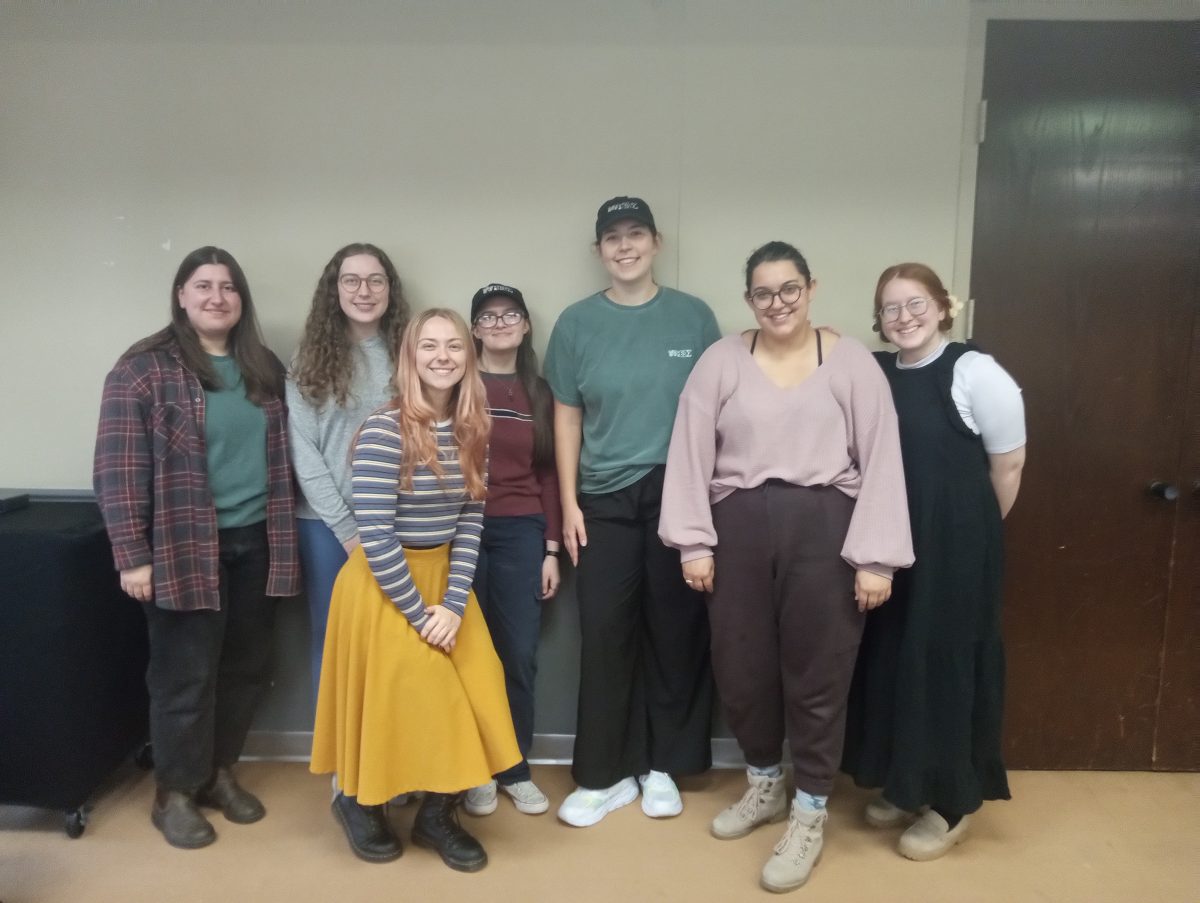A team of scientists have set up the UFO Detection and Tracking project to legitimize the research and investigation of Unidentified Flying Objects seen on Earth and beyond, according to The Express.
Mainstream scientists have been involved in the Search for Intelligent Extraterrestrial Life Institute. The group looked light years into the cosmos searching for any radio frequencies coming from alien technologies but have been reluctant to embrace the issue of flying saucer and other UFO sightings.
UFODATA, which currently seeks financial backing through crowd- funding websites, wants the subject to be taken seriously.
According to UFODATA’s website, the organization wants to create a systematic, rigorous science of UFO phenomena. Their goal is to exploit technological convergence by building a large network of automated surveillance stations with sophisticated sensors that will monitor the skies 24/7 in search of aerial anomalies.
The group is led by Mark Rodeghier, scientific director and president of the J. Allen Hynek Center for UFO Studies in Chicago and Alexander Wendt, professor of political science at Ohio State University. They claim technology is so advanced and available to the masses that the skies can be scoured night and day.
“We expect to build on the best work of the past and do what the scientific community as a whole has failed to do: take UFOs seriously and study them rigorously,” Wendt said.
Space Daily reported that the project is not interested in the majority of reports that can be explained but the remainder of reports that cannot be so easily explained.
Even with all the effort being poured into the search for extraterrestrial life, professors at The University of Southern Mississippi do not believe the legitimacy of the study.
Lawrence Mead, professor emeritus of physics and astronomy at The University of Southern Mississippi, believes that UFO research will never become mainstream scientific research.
“There is not now, nor has there ever been quality evidence that UFOs were anything but known optical phenomena,” Mead said.
This, along with there being no upsurge in scientific interest to find out what is going on in any media, gives Mead the belief that UFO research is nowhere near being mainstream science and that it should not be.
“There is no known example of a UFO sighting that has gone unexplained,” Mead said.
Explanations include headlights reflecting off clouds, helicopter lights mistaken for flying saucers, mirages and many more containing observer error, according to Mead. Christopher Sirola, associate professor of physics and astronomy, agreed with Mead on the matter.
“No serious astronomer takes this seriously,” Sirola said. The closest thing to actual science is the Planetary Society, and they “would immediately announce if they really found anything,” Sirola said.


































